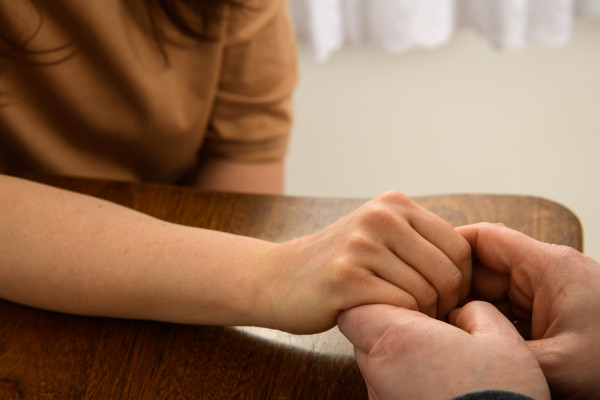It doesn’t feel safe to get help
Some people experiencing family violence may not feel safe talking to other people or services in case that makes the situation worse. Their partner might have threatened to hurt them, their children, or their pets if they seek help. They may feel scared their partner will find out if they do seek help.
If the help they’re offered isn’t safe, the person experiencing abuse could face higher risk.
They don’t want the relationship to end
Wanting to remain in the relationship does not mean someone is choosing to be abused. They may still love their partner and want them to change. It is up to them to make decisions about their relationship.
They may have a history with the partner. They might have been together for a long time, have kids together, share a home, or share friends. Even when a relationship is abusive, leaving that history behind can be difficult.
People might not have the resources to leave
Lack of financial support can stop someone from leaving their violent partner. Their partner may be the main income earner in their household, may take their money, or may restrict their access to money. They might not be able to afford to pay for essentials like food, transport, accommodation, childcare, clothes, and legal services.
They may mistrust services and systems
People experiencing family violence may not trust support services such as Police or the Family Court. If they had bad service or information in the past, they may not want to seek help again.
Someone from overseas may be scared that seeking help will affect their immigration status. A parent may fear that a parenting order would force ongoing contact with their violent partner.
They might fear how people will respond
People around the person experiencing family violence may not understand the complexity of the situation. If people don’t understand how family violence works and how serious it is, they might start harmful victim-blaming and judging.
People experiencing violence can also fear how their community might respond. Community members may not believe them, or might side with the abusive partner – especially if their partner has already isolated them.
They may not think their situation is serious enough
People experiencing family violence may not seek help or leave the partner because of their own beliefs about their situation.
They might not think the abuse is serious enough to qualify for help, especially in situations with less physical violence.
Guilt or shame may keep them from taking action. They might be too ashamed of being abused to ask for help or feel guilty about the relationship ending.
Be patient and, if you can, stay available
Offer what help you can and stay non-judgmental. You can read more about supporting someone who’s experiencing domestic violence through the link below:
Picture

